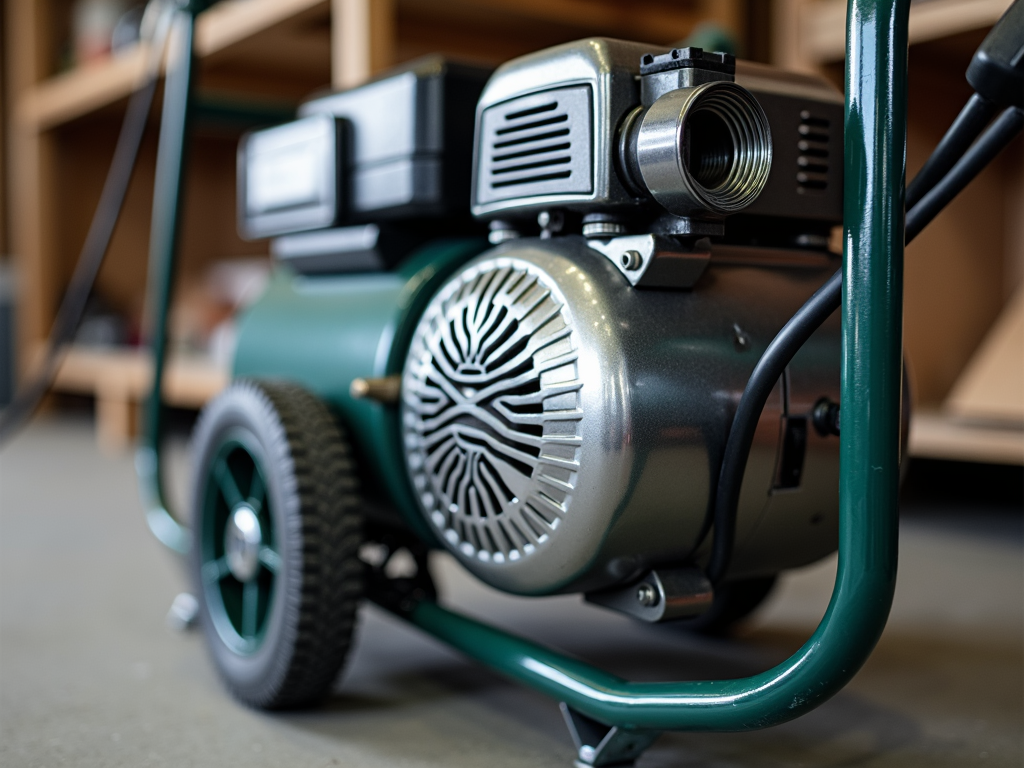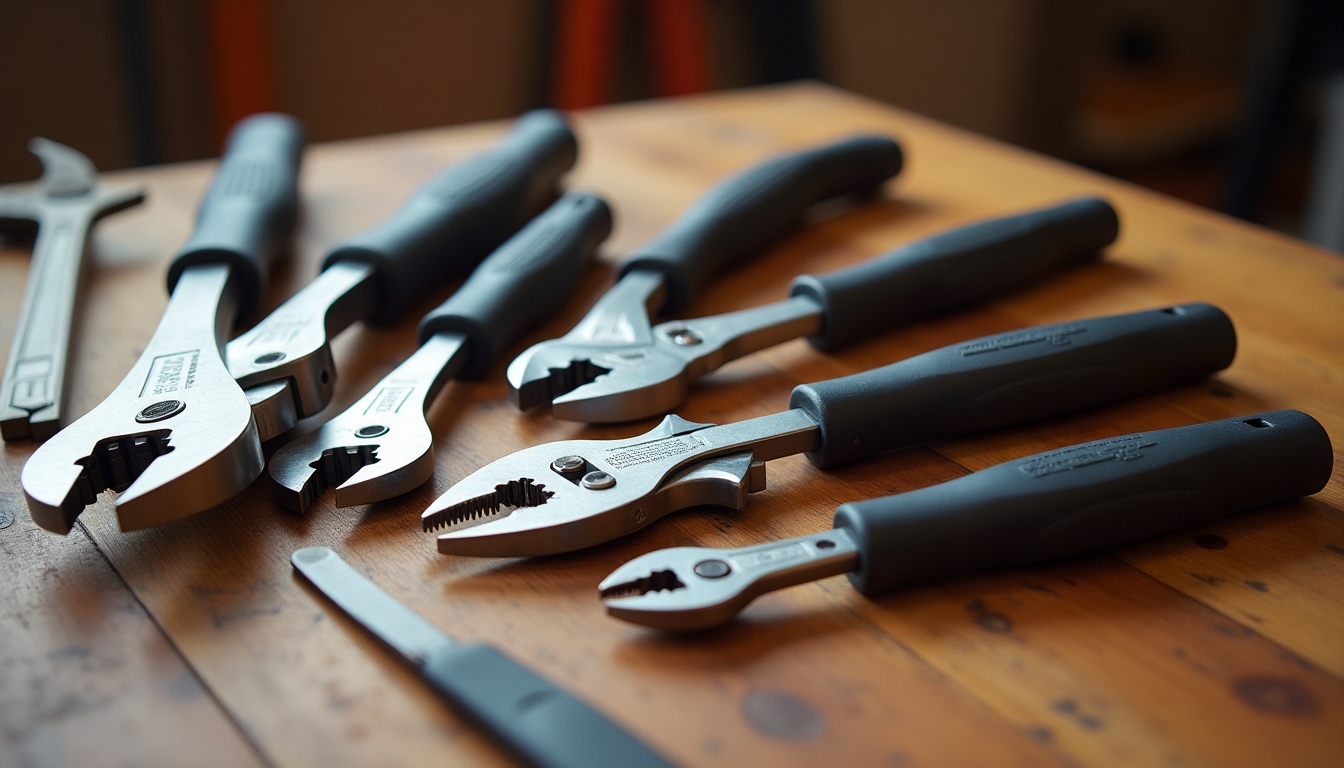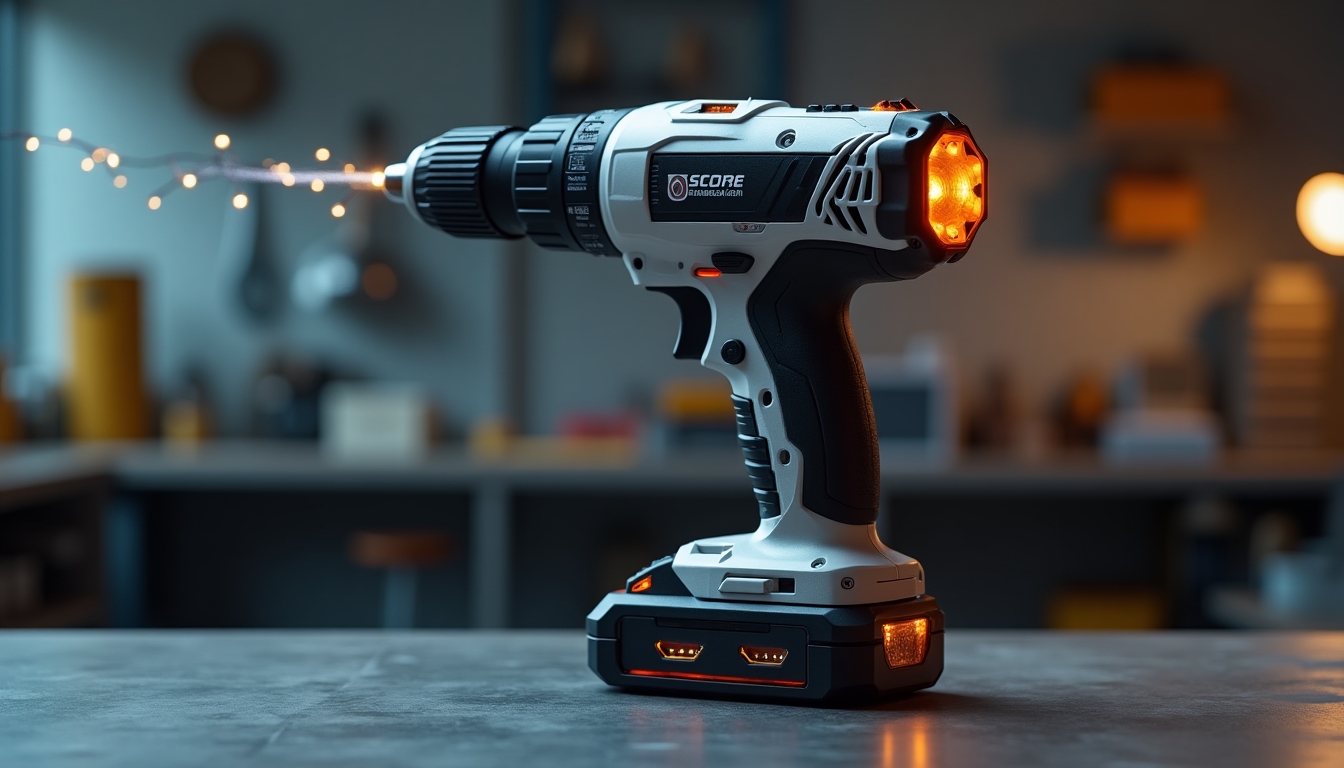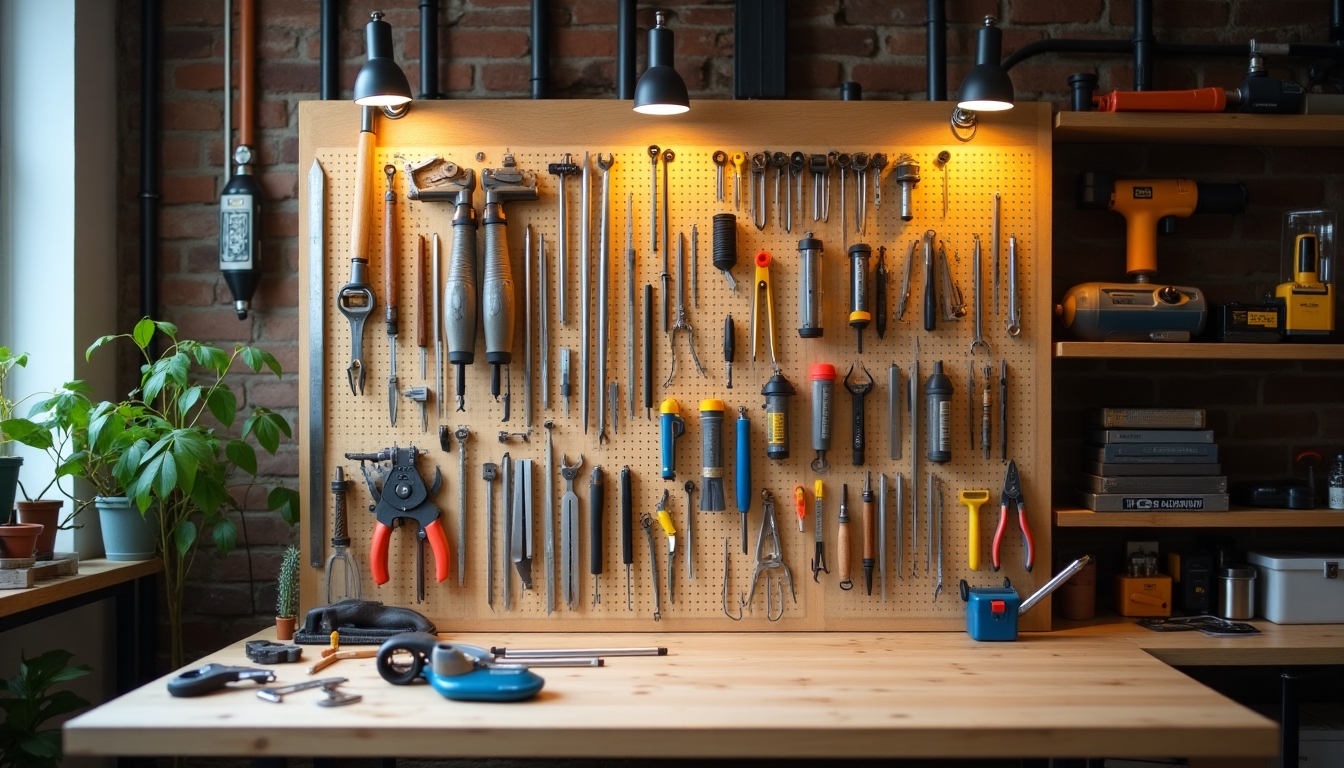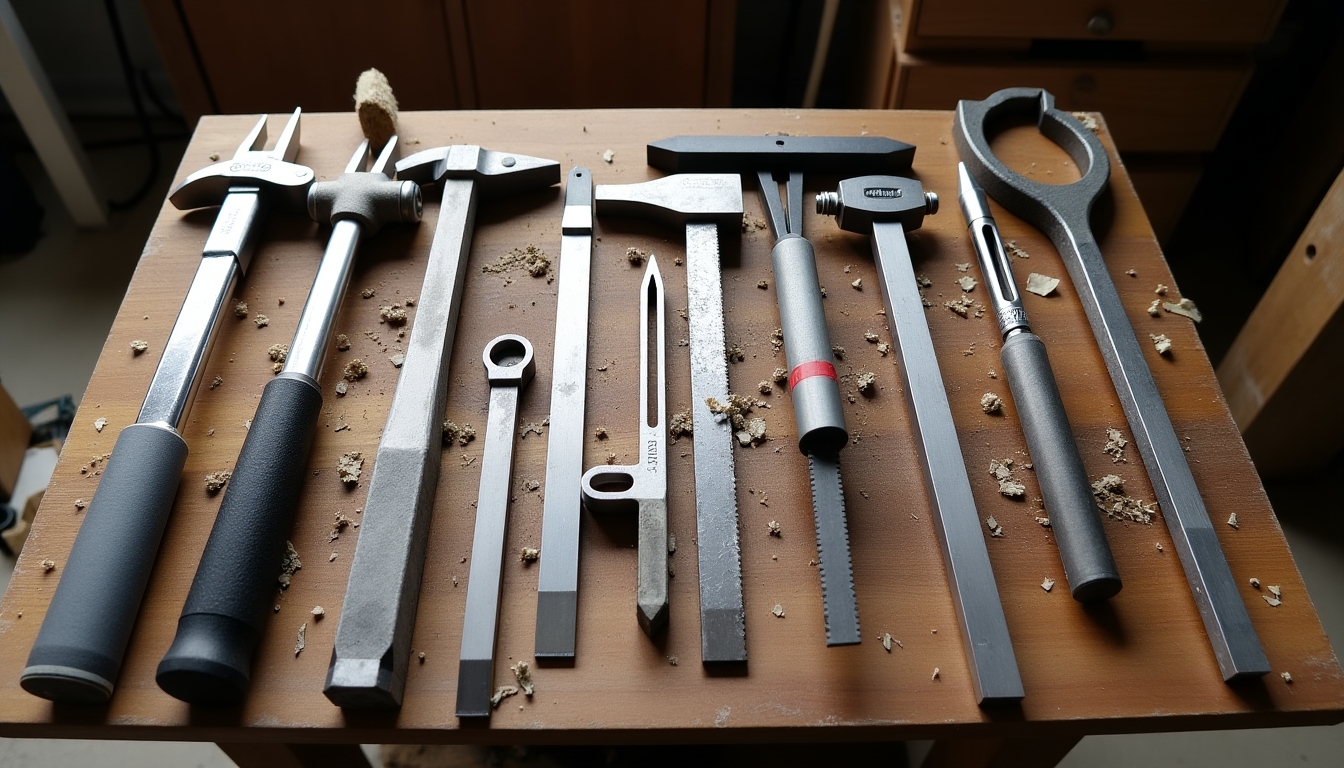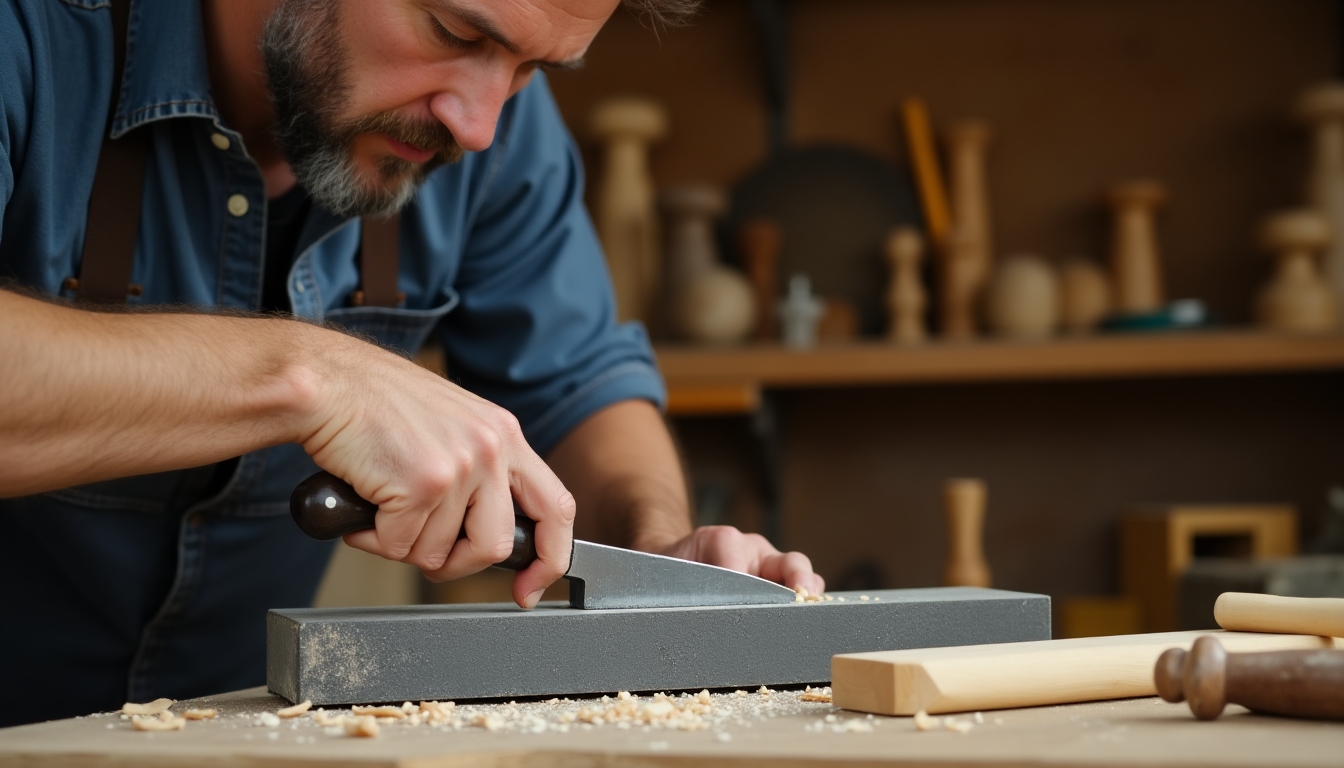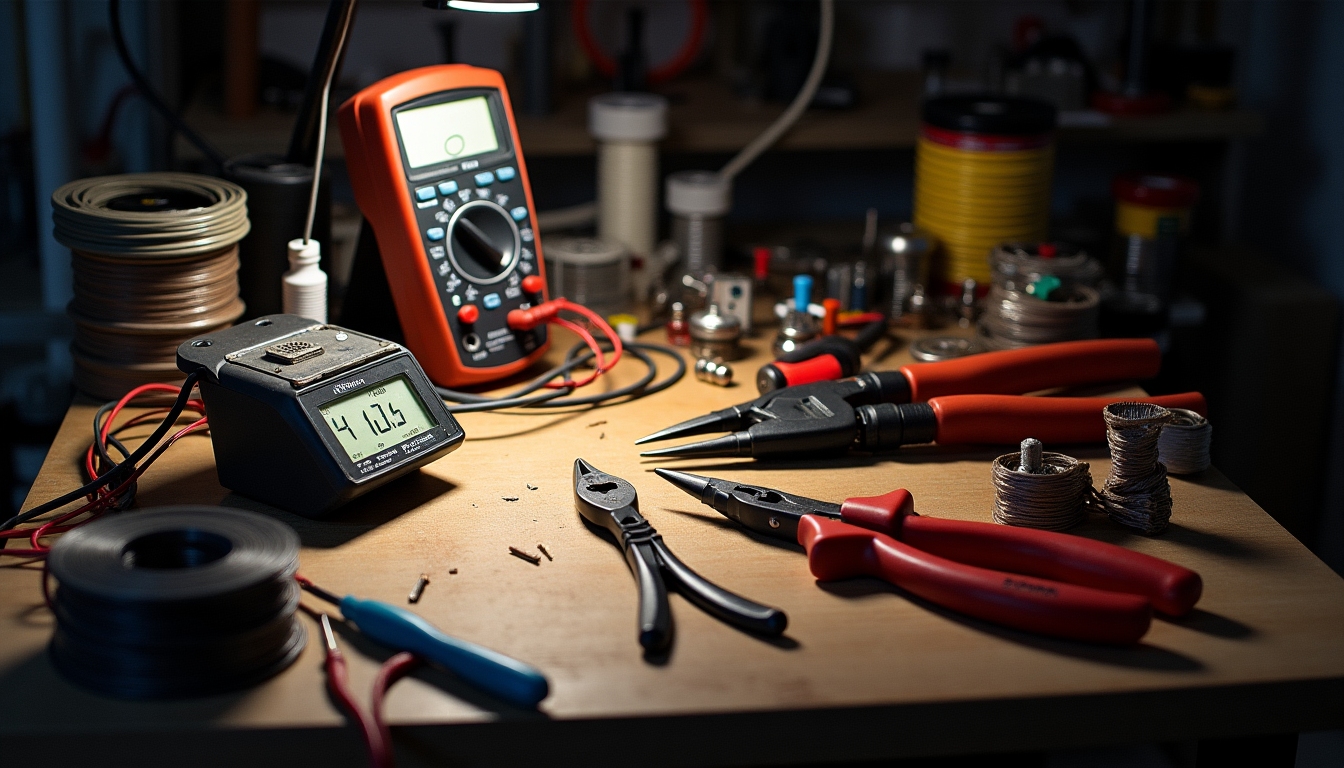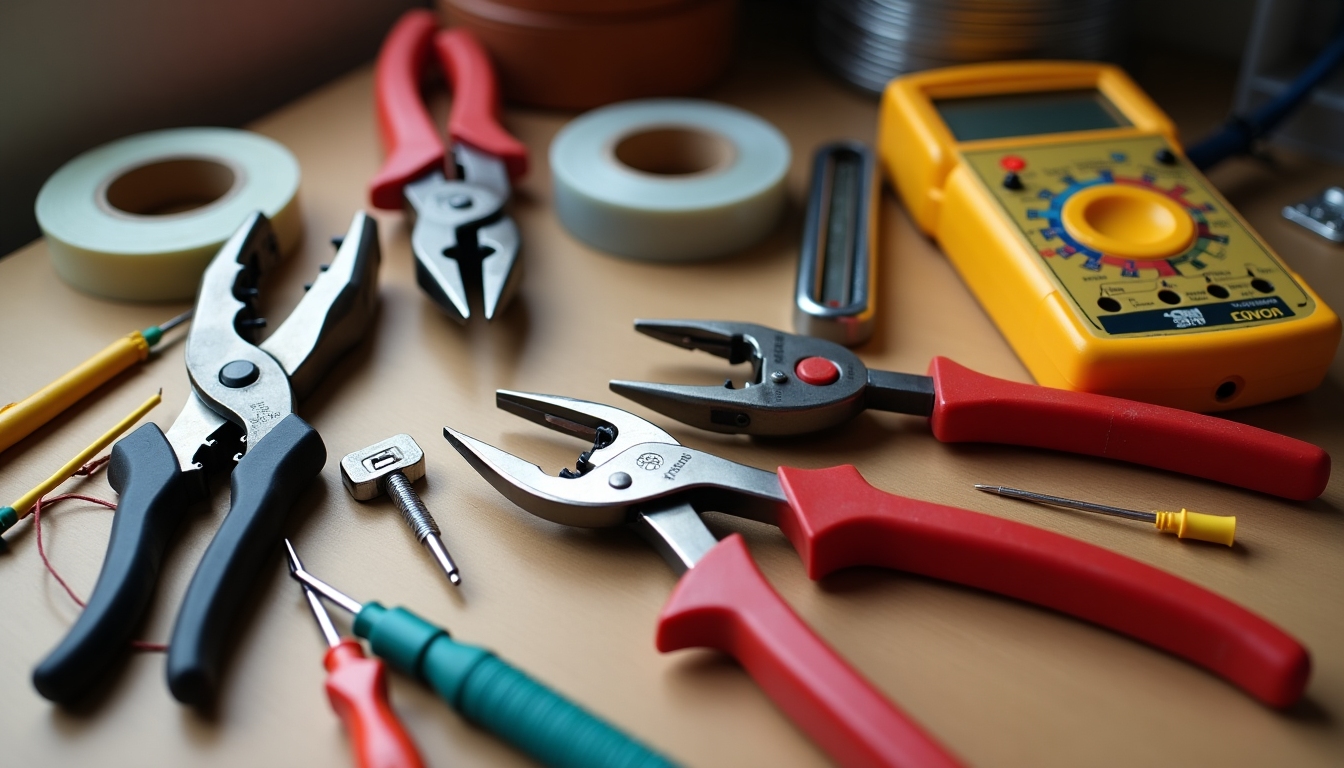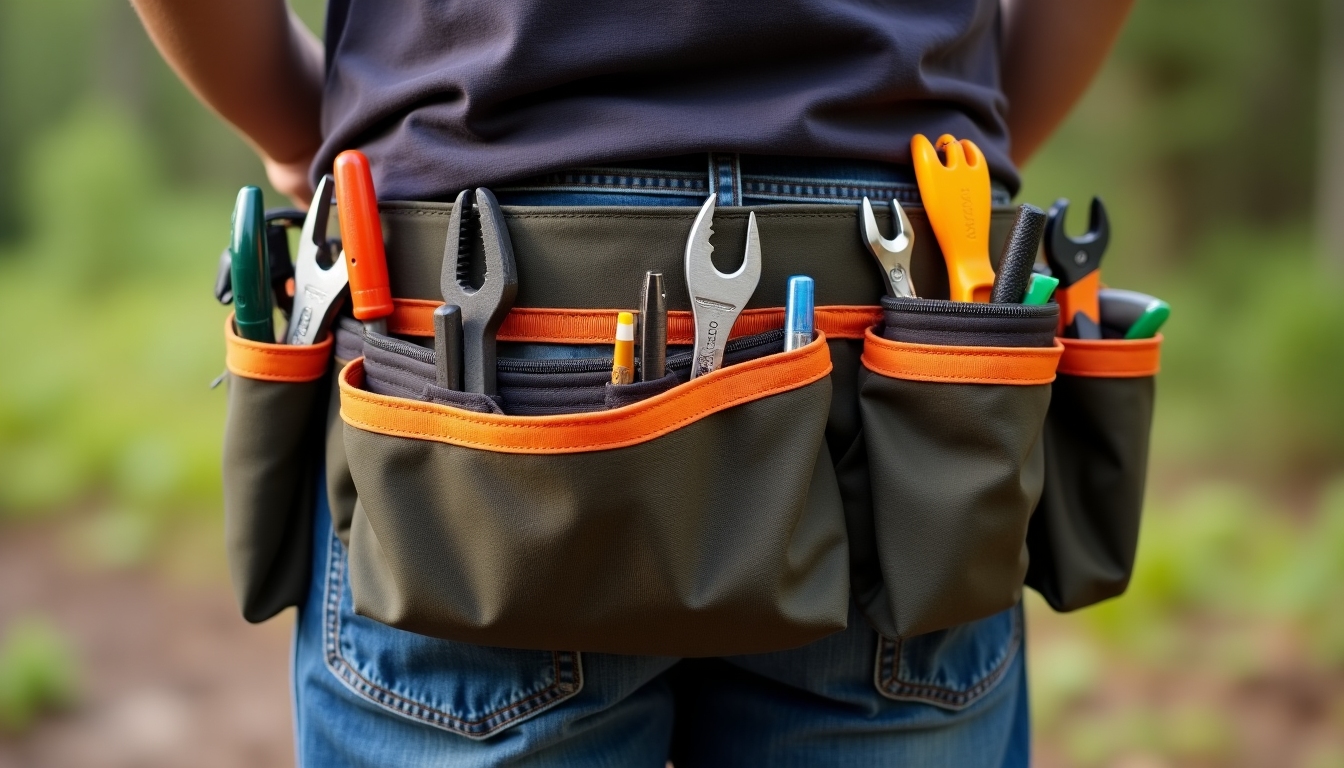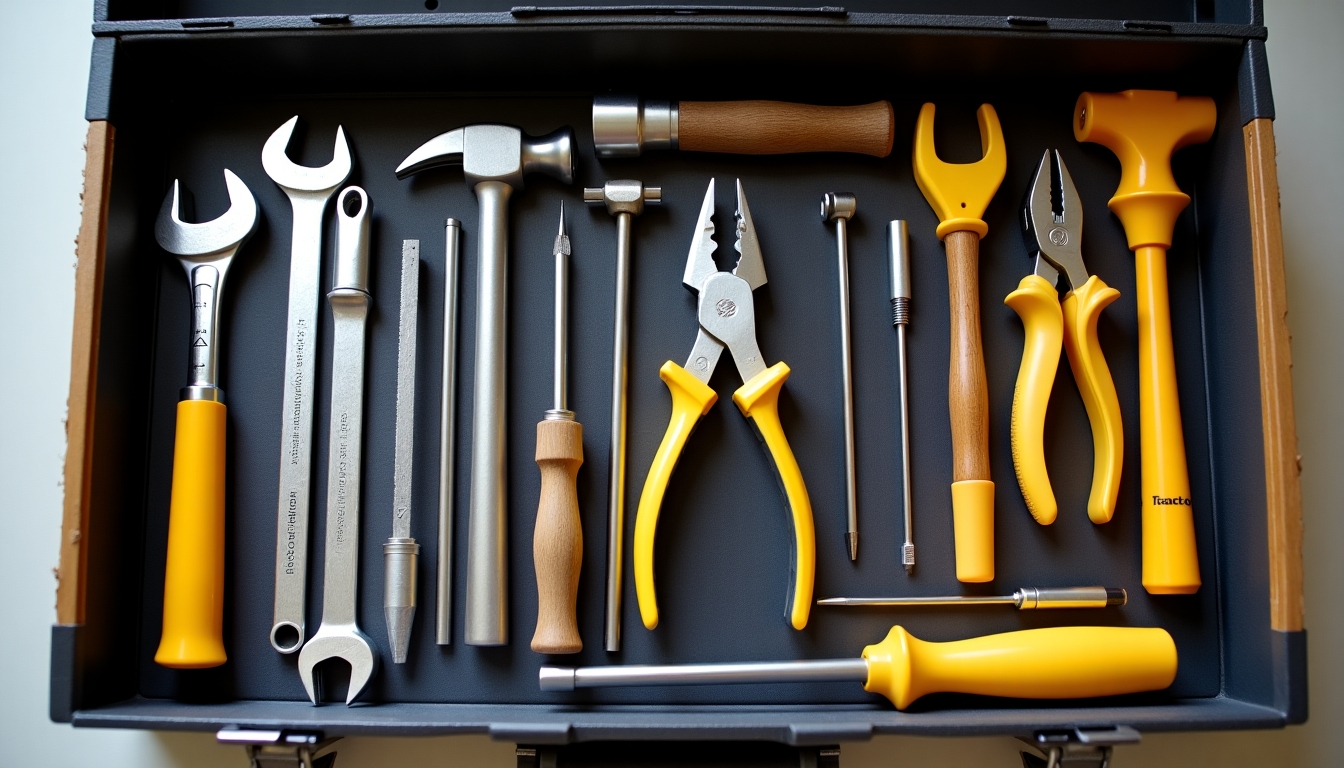Power Washer Troubleshooting and Repair: An Essential Guide
If you're experiencing issues with your power washer, don't worry. This guide will walk you through simple troubleshooting and repair techniques. Understanding your power tools is key to maintaining their efficiency.

Understanding Power Washers
Power washers, also known as pressure washers, are incredible tools for cleaning driveways, decks, and other outdoor surfaces. They work by using an electric or gas motor to power a pump, which accelerates water through a high-pressure nozzle. When functioning properly, they are both time-saving and efficient.
Common Power Washer Problems
However, like all power tools, power washers can experience problems. Below are some common issues:
- Engine Won’t Start: Often caused by a lack of fuel or a foul spark plug.
- Low Pressure: This might be due to unclean nozzles or a water inlet filter.
- Water Leaks: Usually due to damaged hoses or connections.
- Unusual Noises: Can be a sign of air intake or mechanical issues.

Troubleshooting Tips
- Check the Fuel and Oil Levels: If your power washer has a gas engine, incorrect fuel levels can prevent it from starting.
- Inspect the Spark Plug: A dirty spark plug or one that has worn out can cause your engine to fail.
- Clean or Replace Filters: Ensure there's no obstruction in the air filters, and the water inlet is clear.
- Check for Leaks: Examine hoses and connections; repair or replace any damaged parts.
Pro Tip: Always check your user manual for specific instructions related to your model. It can save you a lot of time and hassle.

Repair Strategies
If basic troubleshooting doesn't work, you might need to make some repairs:
- Replace the Hose: If the hose is leaking, it should be replaced. Look for visible cracks or holes as signs of damage.
- Change the Spark Plug: If you suspect the spark plug is the issue, a simple replacement can get your engine running again.
- Unclog the Nozzle: Sometimes debris or dirt can block the nozzle, reducing pressure. Cleaning or replacing the nozzle might be necessary.
When handling repairs, always ensure that your power washer is turned off and cooled down to prevent injuries.

Personal Insights
From personal experience, keeping a maintenance schedule for your power washer can significantly reduce issues. Regularly check and clean components, and consider a yearly service by a professional if you use the washer often.
Engaging Fact: Even a minor issue, like a small nozzle obstruction, can severely impact the efficiency of your cleaning task.

Conclusion
Power washers are powerful cleaners but need regular maintenance to avoid problems. With consistent troubleshooting and a bit of know-how, you can keep yours running smoothly for years.
Further Reading
Explore these topics to expand your knowledge:
- The Essential Guide to Power Tools Maintenance
- How to Choose the Best Power Washer for Your Needs
- Understanding Power Washer Components for Better Performance
Related power washer troubleshooting and repair:
- Understanding Power Washer Components for Better Performance: A Comprehensive Guide
- Choosing Ergonomic Hand Tools for Reduced Strain
- Innovative Workman Tools in 2024: The Future of Craftsmanship
- Mastering Advanced Workman Tools for Complex Projects
- Essential Metalwork Tools Every Workman Needs
- Essential Chisels in a Woodworker's Toolkit
- A Comprehensive Guide to Rotary Tools for Sanding and Polishing
- Essential Electrical Tools for Troubleshooting and Repair
- Ultimate Guide to Workman Tools for Electrical Work
- Must-Have Tools in a Painter's Toolkit
- Tool Belts with Customizable Pockets: Enhance Your Workflow
- Essential Maintenance Tips for Workman Tools
